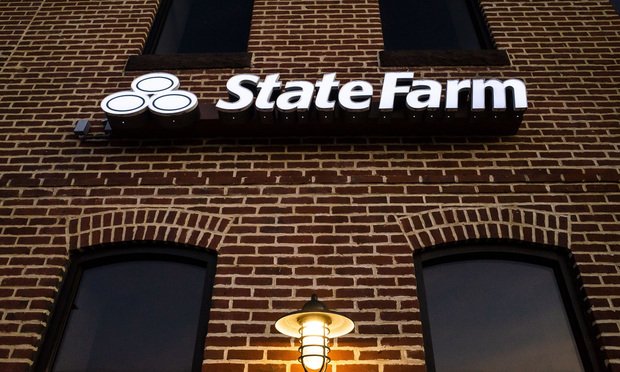 "Now, post-COVID, employers will have a more difficult time denying accommodations because they could look back during COVID to determine what portions of the job required in-person attendance and how remote operations were feasible at the time of the pandemic," Attorney Matthew Dietz said. (Photo: Diego M. Radzinschi/ALM)
"Now, post-COVID, employers will have a more difficult time denying accommodations because they could look back during COVID to determine what portions of the job required in-person attendance and how remote operations were feasible at the time of the pandemic," Attorney Matthew Dietz said. (Photo: Diego M. Radzinschi/ALM)
A lawsuit against State Farm alleging the insurer denied accommodations to an employee in 2016 is now advancing and catching the eye of attention of attorneys countrywide.
Recommended For You
Want to continue reading?
Become a Free PropertyCasualty360 Digital Reader
Your access to unlimited PropertyCasualty360 content isn’t changing.
Once you are an ALM digital member, you’ll receive:
- Breaking insurance news and analysis, on-site and via our newsletters and custom alerts
- Weekly Insurance Speak podcast featuring exclusive interviews with industry leaders
- Educational webcasts, white papers, and ebooks from industry thought leaders
- Critical converage of the employee benefits and financial advisory markets on our other ALM sites, BenefitsPRO and ThinkAdvisor
Already have an account? Sign In Now
© Touchpoint Markets, All Rights Reserved. Request academic re-use from www.copyright.com. All other uses, submit a request to [email protected]. For more inforrmation visit Asset & Logo Licensing.







